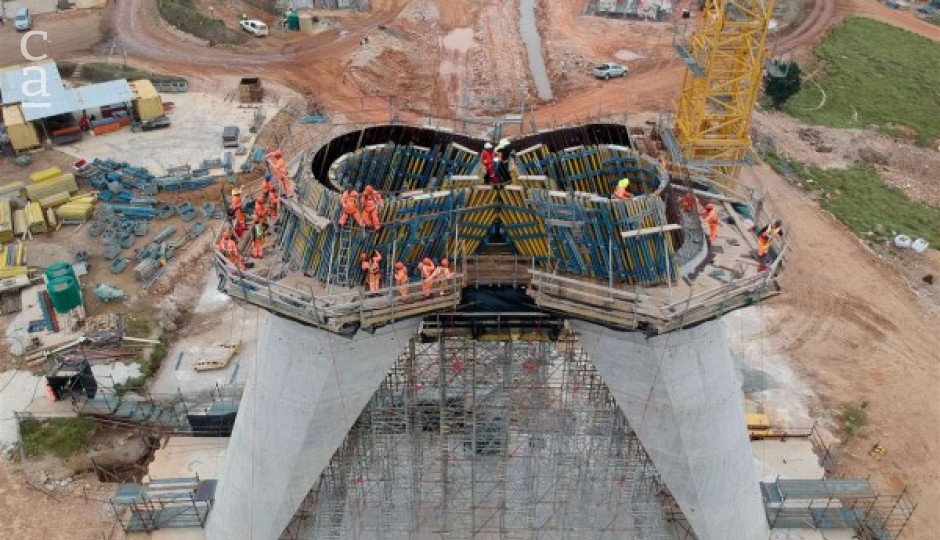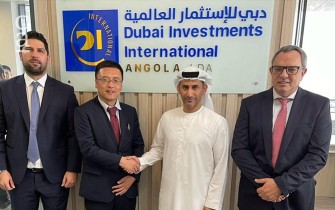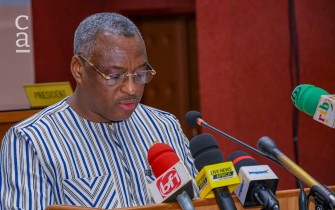Southern Africa
South Africa’s N2 Wild Coast Road Project on track
New road to help reduce travel time and freight charges.

The N2 Wild Coast Road (N2WCR) is part of the South African government’s Strategic Infrastructure Projects SIP-3 'South-Eastern Node & Corridor Development', whose primary purpose is to serve as catalysts to increase the economic growth of the Eastern Cape and KwaZulu-Natal provinces.
The N2-Wild Coast Highway is expected to improve access
Want to continue?
Register to get access for free
By registering you get access to the newsfeed, events and blog for free



